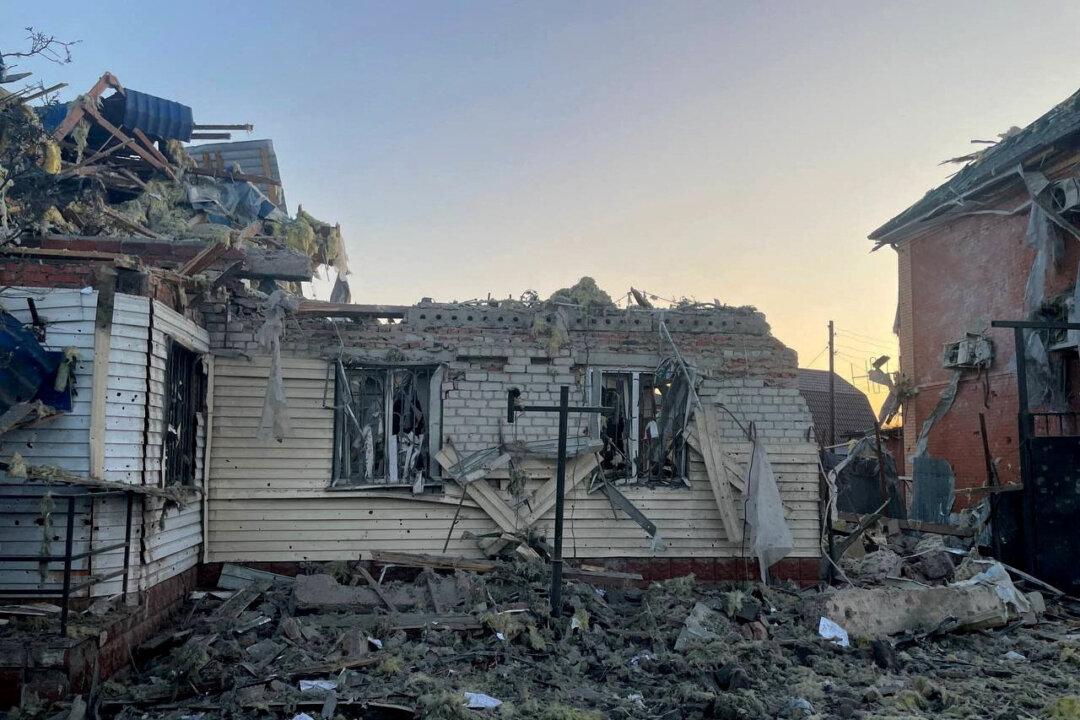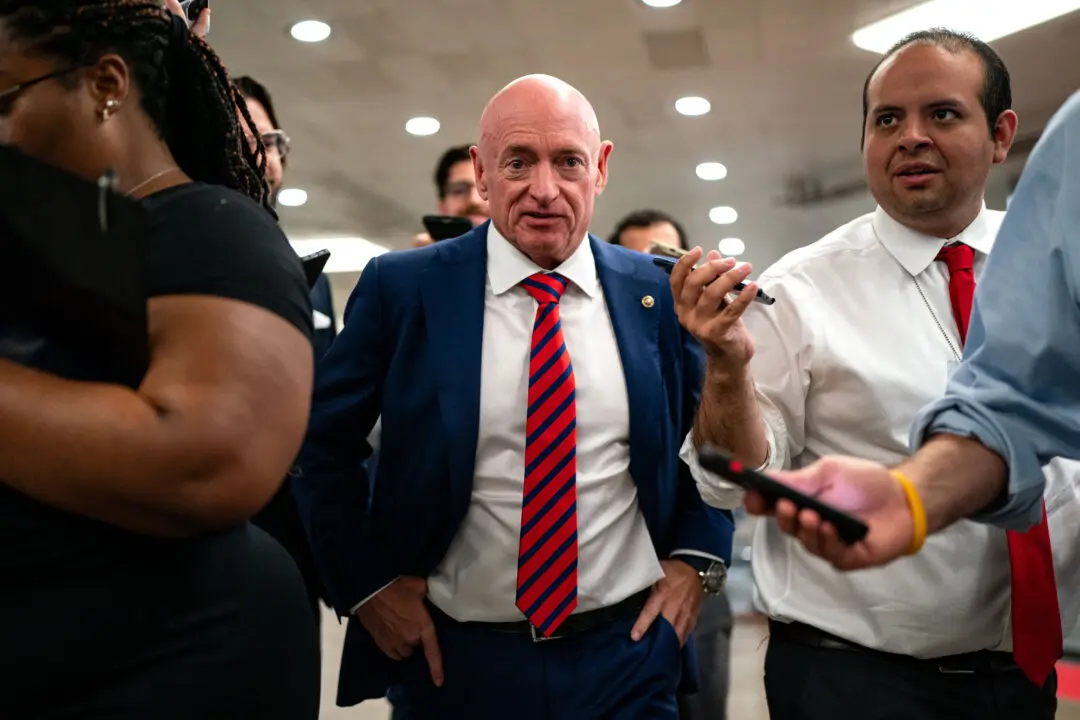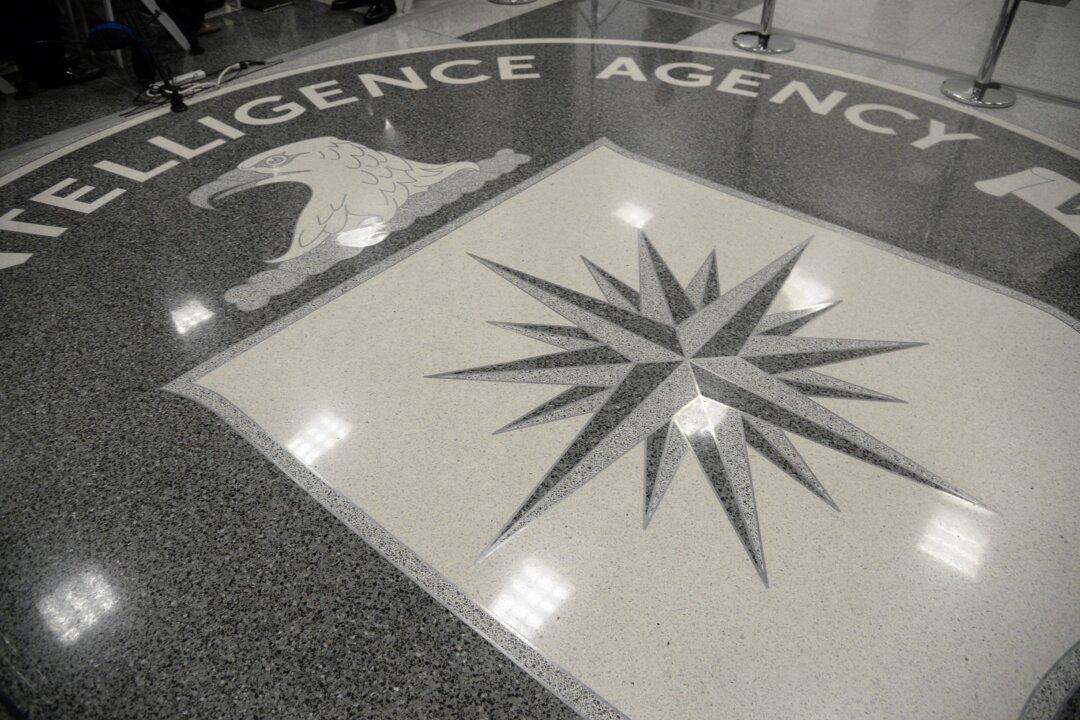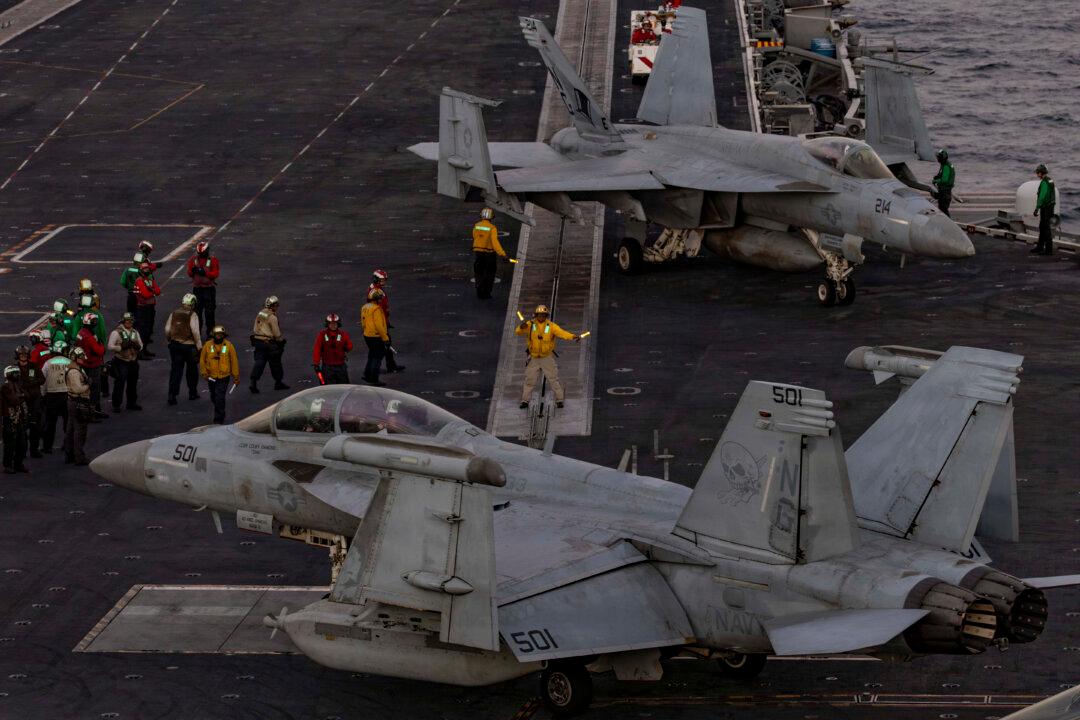Russian troops are fighting to repel a new cross-border incursion from Ukraine that is targeting its western Kursk region.
Kursk regional Gov. Alexei Smirnov on Aug. 6 posted multiple warnings on the Telegram messaging platform about incoming missile strikes throughout the region, which borders Ukraine. Smirnov later said hundreds of Ukrainian forces and dozens of armored vehicles had pushed across the border and into Russia.





